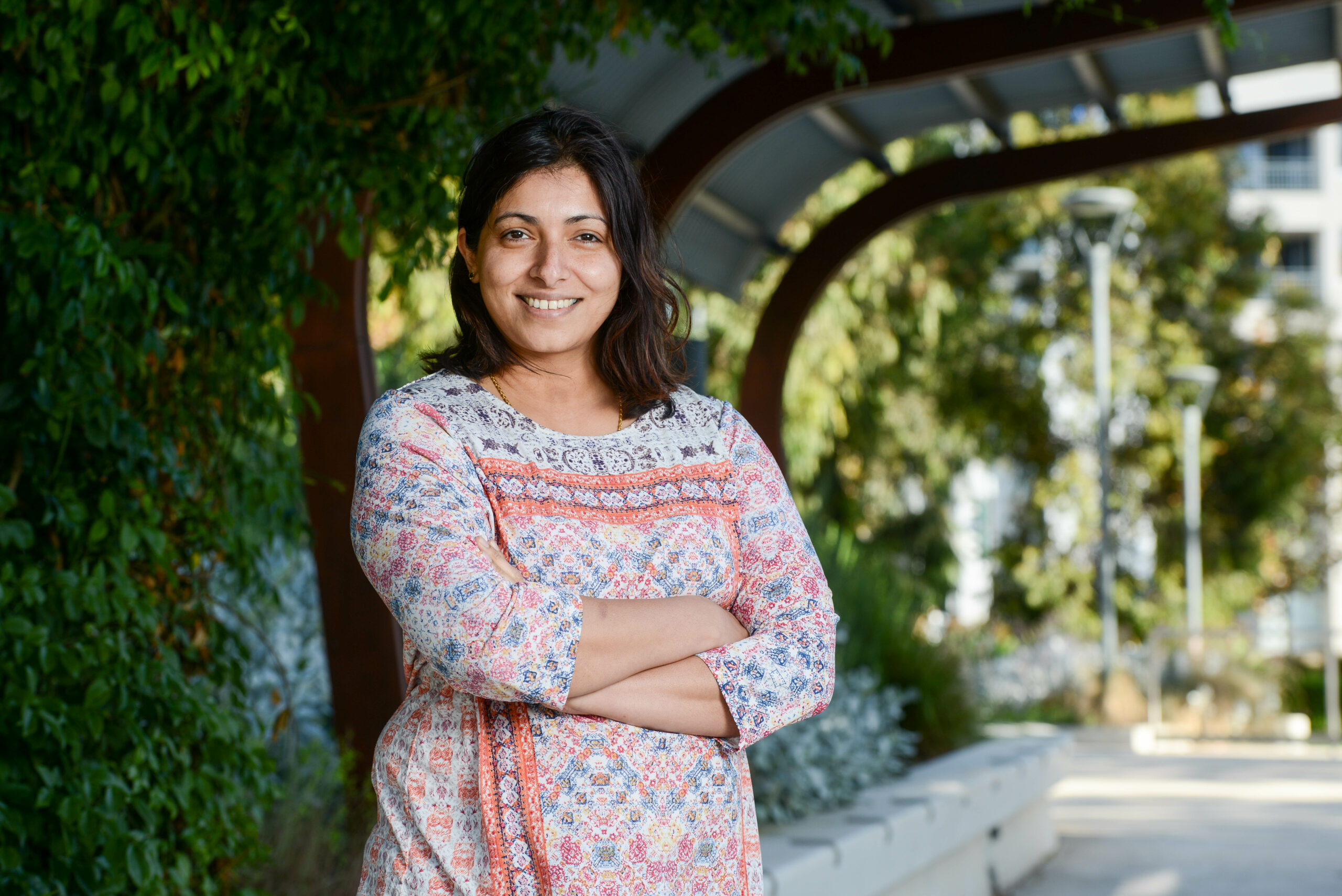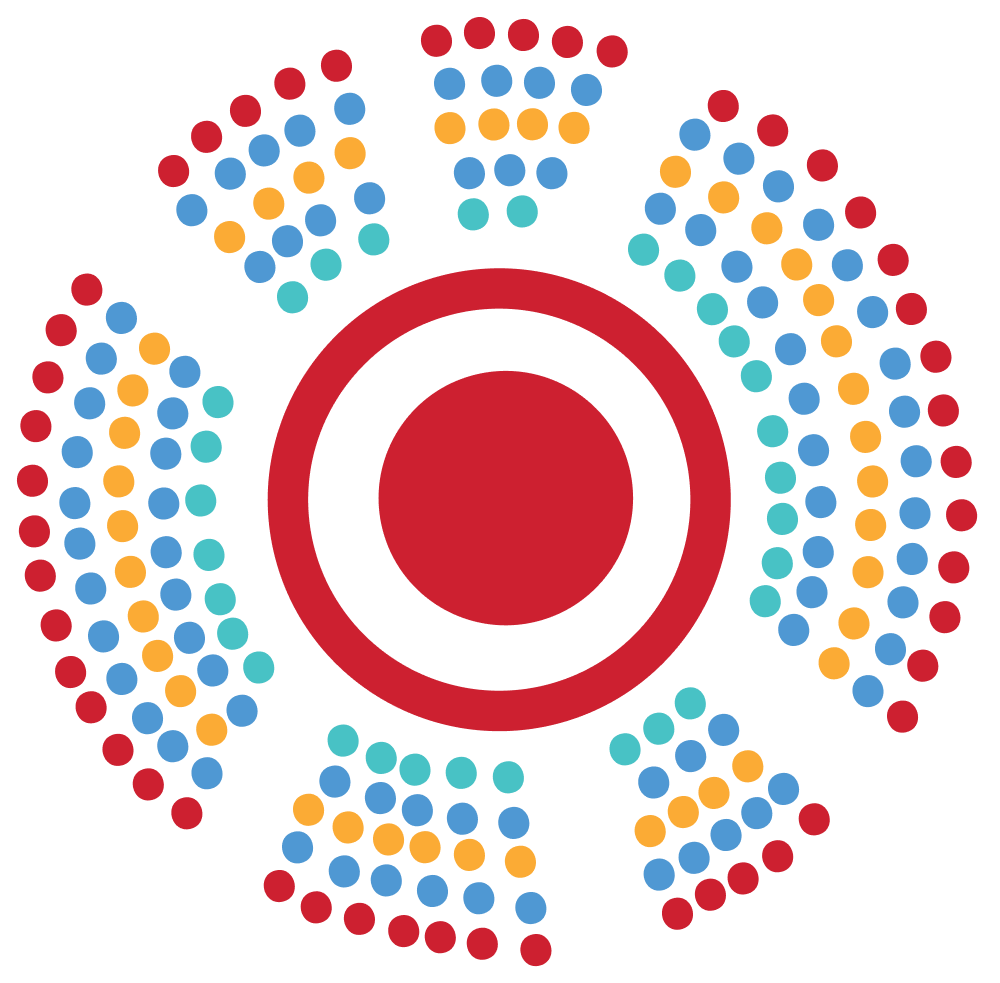Internship Program Unlocks the Potential of New Health Data Technologies
A local industry placement internship with Health Translation SA and Digital Health SA has delivered the first vital steps for clinicians to be able to leverage the benefits of a new open-source platform with huge potential for improving patient care and health outcomes.
Developed in the UK, CogStack uses natural language processing algorithms and artificial intelligence technology to analyse and extract data from the thousands and thousands of medical notes in health records and patient notes.
Together with Digital Health SA, Health Translation SA (HTSA) is exploring how the platform might be used locally to support responses to health crises such as the COVID-19 pandemic and support medical research and improvements in the health system over the longer-term.
The project is part of an Australia-wide initiative to create a sustainable integrated Learning Health System, led by Monash Partners and funded by the Medical Research Future Fund.
Monash Partners and HTSA are members of the Australian Health Research Alliance (AHRA), a collaboration of 10 Research Translation Centres, including Regional Centres accredited by the National Health and Medical Research Council (NHMRC).
Project Lead in South Australia and Deputy CEO of Health Translation SA, Dr Ecushla Linedale, says several Translation Centres have been exploring how CogStack technology can enhance service delivery in a range of areas including general practice, emergency departments and the aged care sector.
“Here in South Australia, we wanted to work with Digital Health SA to scope where such technology could be used to the best advantage and determine what its limitations and benefits might be,” Dr Linedale says.
“It became clear that what we really needed was someone with a unique set of technical skills and experience and who also had the collaborative skills to undertake the project.
“Finding a local internship candidate with the specific skillset to work in this complex space – someone with an understanding of natural language processing (NLP) and IT systems, who could work with clinical, research and IT stakeholders – was a challenge in itself,” Dr Linedale says.
“Thankfully we found the perfect person through Australian Postgraduate Research Intern and the outcomes of the internship have been fantastic for us and for our intern, Namrata Nath.”
A PhD candidate at UniSA when she was recruited, Namrata was researching the use of artificial intelligence to predict patient phenotypes – the set of medical conditions a patient may experience or progress towards – in Intensive Care Units.
As part of her PhD, her work involved researching existing techniques in Clinical Natural Language Processing (C-NLP) and developing new algorithms to improve existing methods.
Namrata had also spent several years working in major multinational companies in India and the U.S.A and ICT companies in Australia as a .NET developer on a range of domains including in the health informatics sector.
“What has been so exciting and rewarding about the internship, is that I was working on something where there would be a real application for my research,” Namrata says.
“It’s been a lot of work and a very sharp learning curve, but it’s been wonderful in that I got to see some of the enterprise systems used in South Australia and was acquainted with a range of licensed software, which as a straight researcher, you don’t usually get to really know.
“I also gained a better understanding of the power of project work in teams and just how quickly things can move and develop if people are receptive.”
Namrata has delivered a capability assessment of CogStack in the SA context, including its potential for use in health and medical research, and her report will be used as the foundation for Digital Health SA to progress work regarding Natural Language Processing and the Clinical Data Analytics Platform.
“This is the first time I’ve seen some research that I’ve done being really useful and having outcomes – that is really something for me,” Namrata says.
And with one successful partnered internship under its belt, Health Translation SA and Digital Health SA are hoping to progress several new projects together, using the internship model.
“Namrata’s expertise and ability to work as part of a cross-disciplinary team has not only progressed the project but also helped to strengthen the existing relationship we have with Digital health SA,” Dr Linedale says.
Senior data specialist at Digital Health SA, Nick Macolino, says the project has laid a great foundation to build on.
“Namrata’s work is really exciting, and it has opened the way for us to see how we might apply CogStack technologies here in SA and how we might do that collaboratively,” he says.
Namrata was selected through the Australian Postgraduate Research Intern program which connects postgraduate research students with industry through short-term placements helping them to apply their knowledge in practical real world research environments.
“The internship was professionally very rewarding, but I also found some aspects of the placement challenging,” Namrata says.
“My writing style, which has developed over years of operating in the research space, tends to be very technical and scientific, so I had to bring all my knowledge and skills into focus to learn how to write for different audiences.
“I’m extremely grateful to HTSA and Digital Health SA for this opportunity to gain exposure to real world health informatics environments in South Australia.
“As machine learning researchers, we often get siloed into publicly available benchmarking data and the nuances of algorithmics – gaining this exposure to the systems at SA Health’s Data and Analytics Project, as well as polishing those skills of working and collaborating in the office, has been a refreshing reality check.
“But I think the best part of the internship is the knowledge that the work I have done will result in tangible actions and could possibly create positive experiences for clinicians and researchers.”
If you would like to find out more about the project or internship opportunity, contact Ecushla Linedale via email: Ecushla.Linedale@healthtranslationsa.org.au.
